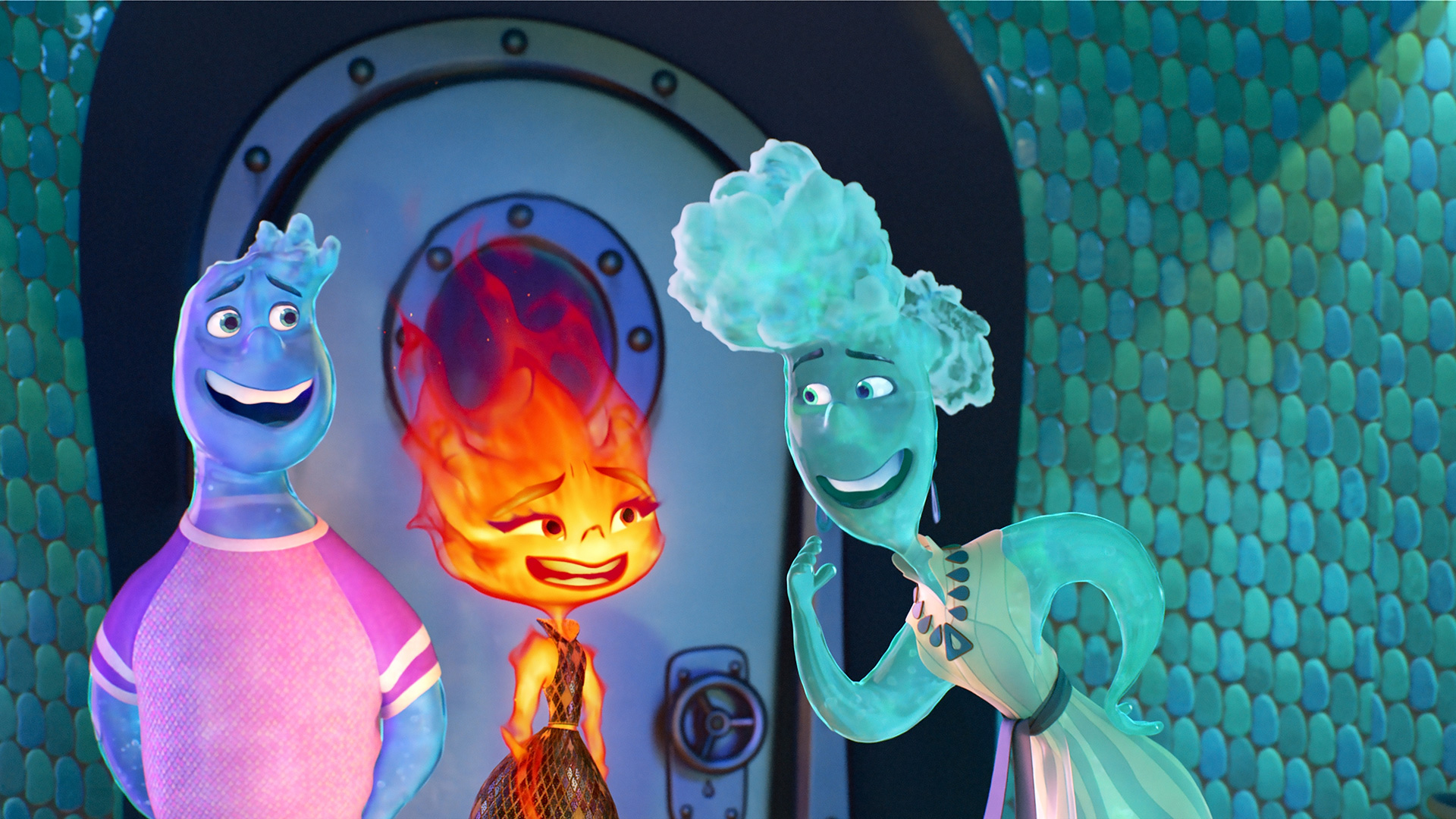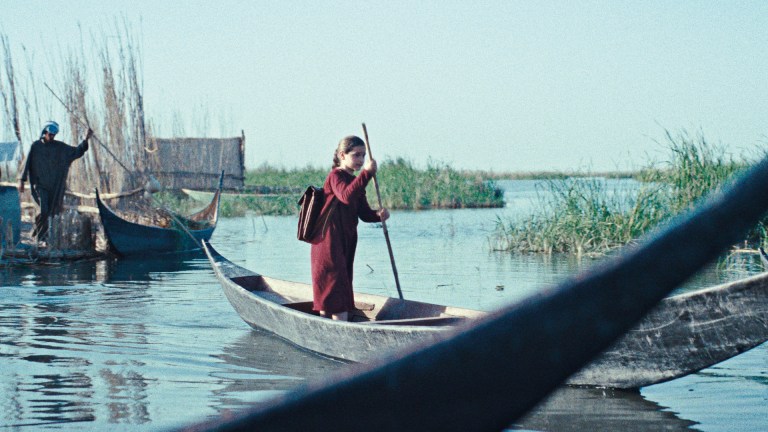“Thank you to everyone who saw Elemental in theatres this weekend,” tweeted Cat Hicks, a directing animator at Pixar. “It’s a rough time for Pixar… I’ve seen a lot during my 15 years here, but this is definitely the weirdest time thus far.” Elemental, which imagines a bustling metropolis inhabited by nature’s elements, had just had the worst opening weekend in the US of a Pixar film under Disney’s 17-year ownership of the studio.
Pixar released three other original films over the pandemic, all on Disney+, and the studio’s new digital home is likely why families didn’t show up in cinemas. Elemental comes at the point where executives have realised that going “all in” on streaming isn’t financially viable, especially when the punishing and unstable working conditions created by streaming culture have triggered a strike from the Writers Guild of America. For its part, Disney has told striking writers that they are contractually obligated to break the strike, adding to its rich, detailed history of union busting and worker intimidation.
Get the latest news and insight into how the Big Issue magazine is made by signing up for the Inside Big Issue newsletter
Disney is also getting pushback for the awful working conditions it put on visual effects studios, one of the only non-unionised sectors in Hollywood. Meanwhile, creatives behind Secret Invasion, a new Disney+ series, quietly shared that their title sequence was made using AI, another example of Marvel Studios choosing not to credit and compensate comic artists. Like a cackling fairytale villain, Disney is consolidating its corporate power against the people making its products. As striking Disneyland Paris workers said, “We’re the ones who make the magic.”
Elemental is also about workers – or at least, it uses a labour culture as shorthand to ground its fantastical characters and setting. Ember (Leah Lewis) is a young fire woman poised to take over her father’s fire store, and struggles to voice her own career anxieties under her family’s expectations to continue catering to their community in the segregated Element City. Meanwhile, a city inspector and privileged water person, Wade (Mamoudou Athie), endangers the store’s future with a slew of bureaucratic citations that can only be fixed with some classic Pixar humanism.
This isn’t unfamiliar territory. Throughout Pixar’s golden era (from Toy Story to the second before Cars 2 premiered), characters would perform unconventional duties with human-like professionalism: being a child’s toy, monsters as blue-collar energy workers, a heroic power couple. It’s fun watching scary monsters clock in and out, or toys acting with military precision and parent-like urgency; juxtapositions like these are what made the first 15 years of the animation giant so memorable.









